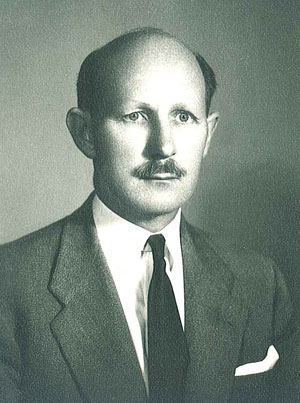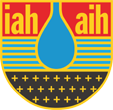There are still 1.1 billion people in the world without access to safe water. The only realistic way of increasing access to safe water is by developing groundwater resources. The IAH Burdon Network is supporting hydrogeologists in developing countries who are working to help increase access to safe water.
The Burdon Groundwater Network (BGN), originally established in 1989 as the Burdon Commission, is an IAH Network for progressing groundwater issues in developing countries. It comprises IAH members from both Europe and Africa.
The vision of the BGN is “to support sustainable groundwater development and management for poverty reduction”. The core strategies to realise this vision are:
- Connecting people: increasing networking and experience sharing.
- Capacity building through training and resources.
- Making existing and new knowledge more widely and easily accessible.
- Advocacy externally of the role of groundwater for poverty reduction and the value of hydrogeologists.
- Advocacy within the hydrogeological community of the importance and value of the work of hydrogeologists in developing countries.
At present the Burdon Network is focused primarily on sub-Saharan Africa, where most of the rural inhabitants have no access to safe water and the need is greatest. Recently the BGN has agreed to work more closely with the African Groundwater Network (AGW-NET) to increase the awareness, value and potential of groundwater in Africa. Click here for more information on AGW-NET.
 The IAH (Irish Group) has maintained an ongoing interest and involvement in the Burdon Network and previously in the Burdon Commission. The Network is named in memory of the internationally renowned Irish hydrogeologist David Burdon, who had a longtime interest and work in developing countries. Click here for more information on David Burdon.
The IAH (Irish Group) has maintained an ongoing interest and involvement in the Burdon Network and previously in the Burdon Commission. The Network is named in memory of the internationally renowned Irish hydrogeologist David Burdon, who had a longtime interest and work in developing countries. Click here for more information on David Burdon.
Grey Literature Database (GeoGrey)
IAH (Irish Group), on behalf of the BGN, designed a web based Groundwater Information Exchange Forum called GeoGrey. The system is available at www.geogrey.info.
The purpose of GeoGrey is to capture details of unpublished ‘grey literature’ that is currently held by members who are close to or beyond retirement age. There is an obvious danger that this literature could be lost and GeoGrey provides a framework to facilitate awareness and, if appropriate, sharing of existing grey literature, information and experience on groundwater and related engineering and scientific disciplines from different countries throughout the world.
Members who have grey literature are encouraged to visit GeoGrey and record details of the information in the system.
